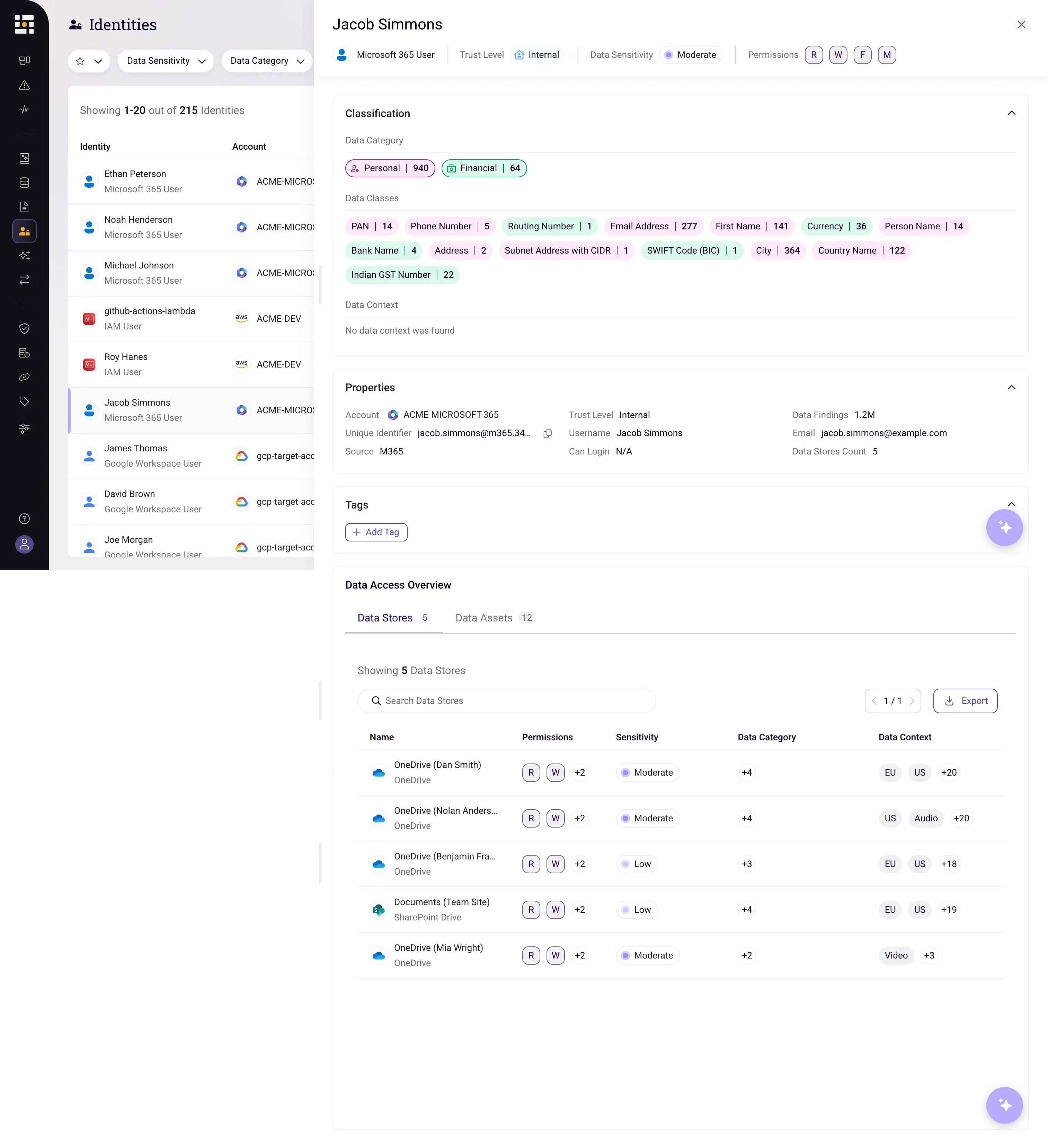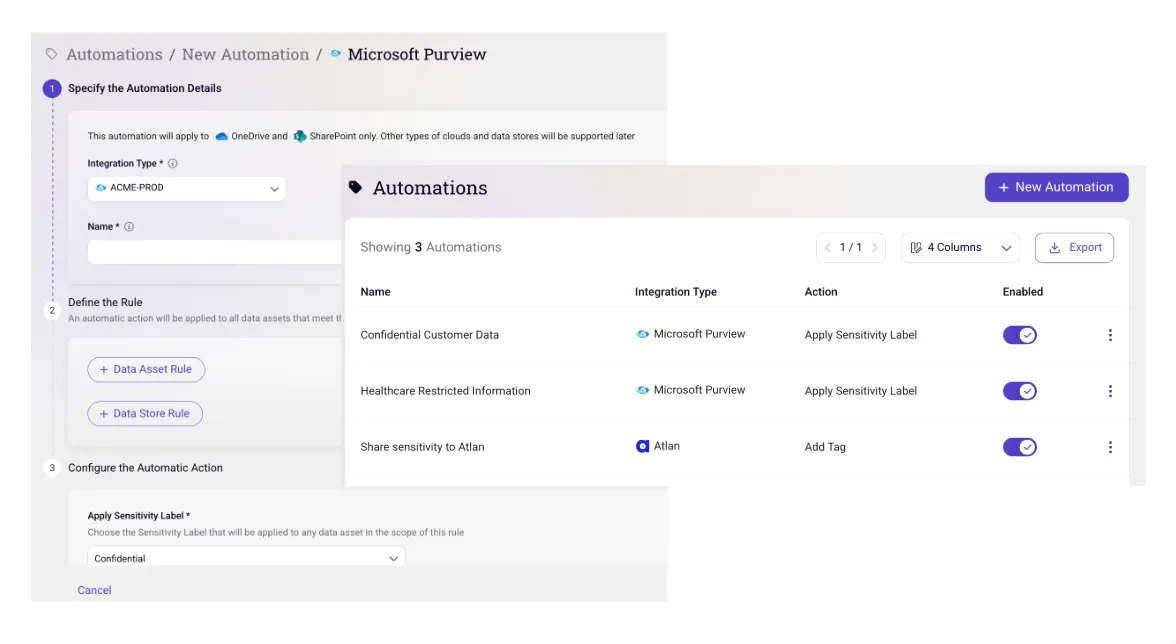New Healthcare Cyber Regulations: What Security Teams Need to Know
Why New Healthcare Cybersecurity Regulations Are Critical
In today’s healthcare landscape, cyberattacks on hospitals and health services have become increasingly common and devastating. For organizations that handle vast amounts of sensitive patient information, a single breach can mean exposing millions of records, causing not only financial repercussions but also risking patient privacy, trust, and care continuity.
Top Data Breaches in Hospitals in 2024: A Year of Costly Cyber Incidents
In 2024, there have been a series of high-profile data breaches in the healthcare sector, exposing critical vulnerabilities and emphasizing the urgent need for stronger cybersecurity measures in 2025 and beyond. Among the most significant incidents was the breach at Change Healthcare, Inc., which resulted in the exposure of 100 million records. As one of the largest healthcare data breaches in history, this event highlighted the challenges of securing patient data at scale and the immense risks posed by hacking incidents. Similarly, HealthEquity, Inc. suffered a breach impacting 4.3 million individuals, highlighting the vulnerabilities associated with healthcare business associates who manage data for multiple organizations. Finally, Concentra Health Services, Inc. experienced a breach that compromised nearly 4 million patient records, raising critical concerns about the adequacy of cybersecurity defenses in healthcare facilities. These incidents have significantly impacted patients and providers alike, highlighting the urgent need for robust cybersecurity measures and stricter regulations to protect sensitive data.
New York’s New Cybersecurity Reporting Requirements for Hospitals
In response to the growing threat of cyberattacks, many healthcare organizations and communities are implementing stronger cybersecurity protections. In October, New York State took a significant step by introducing new cybersecurity regulations for general hospitals aimed at safeguarding patient data and reinforcing security measures across healthcare systems. Under these regulations, hospitals in New York must report any “material cybersecurity incident” to the New York State Department of Health (NYSDOH) within 72 hours of discovery.
This 72-hour reporting window aligns with other global regulatory frameworks, such as the European Union’s GDPR and the SEC’s requirements for public companies. However, its application in healthcare represents a critical shift, ensuring incidents are addressed and reported promptly.
The rapid reporting requirement aims to:
- Enable the NYSDOH to assess and respond to cyber incidents across the state’s healthcare network.
- Help mitigate potential fallout by ensuring hospitals promptly address vulnerabilities.
- Protect patients by fostering transparency around data breaches and associated risks.
For hospitals, meeting this requirement means refining incident response protocols to act swiftly upon detecting a breach. Compliance with these regulations not only safeguards patient data but also strengthens trust in healthcare services.
With these regulations, New York is setting a precedent that could reshape healthcare cybersecurity standards nationwide. By emphasizing proactive cybersecurity and quick incident response, the state is establishing a higher bar for protecting sensitive data in healthcare organizations, inspiring other states to potentially follow as well.
HIPAA Updates and the Role of HHS
While New York leads with immediate, state-level action, the Department of Health and Human Services (HHS) is also working to update the HIPAA Security Rule with new cybersecurity standards. These updates, expected to be proposed later this year, will follow a lengthy regulatory process, including a notice of proposed rulemaking, a public comment period, and the eventual issuance of a final rule. Once finalized, healthcare organizations will have time to comply.
In the interim, the HHS has outlined voluntary cybersecurity goals, announced in January 2024. While these recommendations are a step forward, they lack the urgency and enforceability of New York’s state-level regulations. The contrast between the swift action in New York and the slower federal process highlights the critical role state initiatives play in bridging gaps in patient data protection.
Together, these developments—New York’s rapid reporting requirements and the ongoing HIPAA updates—show a growing recognition of the need for stronger cybersecurity measures in healthcare. They emphasize the importance of immediate action at the state level while federal efforts progress toward long-term improvements in data security standards.
Penalties for Healthcare Cybersecurity Non-Compliance in NY
Non-compliance with any health law or regulation in New York State, including cybersecurity requirements, may result in penalties. However, the primary goal of these regulations is not to impose financial penalties but to ensure that healthcare facilities are equipped with the necessary resources and guidance to defend against cyberattacks. Under Section 12 of health law regulations in New York State, violations can result in civil penalties of up to $2,000 per offense, with increased fines for more severe or repeated infractions. If a violation is repeated within 12 months and poses a serious health threat, the fine can rise to $5,000. For violations directly causing serious physical harm to a patient, penalties may reach $10,000. A portion of fines exceeding $2,000 is allocated to the Patient Safety Center to support its initiatives. These penalties aim to ensure compliance, with enforcement actions carried out by the Commissioner or the Attorney General. Additionally, penalties may be negotiated or settled under certain circumstances, providing flexibility while maintaining accountability.
Importance of Prioritizing Breach Reporting
With the rapid digitization of healthcare services, regulations are expected to tighten significantly in the coming years. HIPAA, in particular, is anticipated to evolve with stronger privacy protections and expanded rules to address emerging challenges. Healthcare providers must make cybersecurity a top priority to protect patients from cyber threats. This involves adopting proactive risk assessments, implementing strong data protection strategies, and optimizing breach detection, response, and reporting capabilities to meet regulatory requirements effectively.
Data Security Platforms (DSPs) are essential for safeguarding sensitive healthcare data. These platforms enable organizations to locate and classify patient information, such as lab results, prescriptions, personally identifiable information, or medical images - across multiple formats and environments, ensuring comprehensive protection and regulatory compliance.
Breach Reporting With Sentra
A proper classification solution is essential for understanding the nature and sensitivity of your data at all times. With Sentra, you gain a clear, real-time view of your data's classification, making it easier to determine if sensitive data was involved in a breach, identify the types of data affected, and track who had access to it. This ensures that your breach reports are accurate, comprehensive, and aligned with regulatory requirements.
Sentra can help you to adhere to many compliance frameworks, including PCI, GDPR, SOC2 and more, that may be applicable to your sensitive data as it travels around the organization. It automatically will alert you to violations, provide insight into the impact of any compromise, help you to prioritize associated risks, and integrate with common IR tools to streamline remediation. Sentra automates these processes so you can focus energies on eliminating risks.
.webp)
If you want to learn more about Sentra's Data Security Platform, and how you can get started with adhering to the different compliance frameworks, please visit Sentra's demo page.
<blogcta-big>







.webp)


.webp)


.webp)
